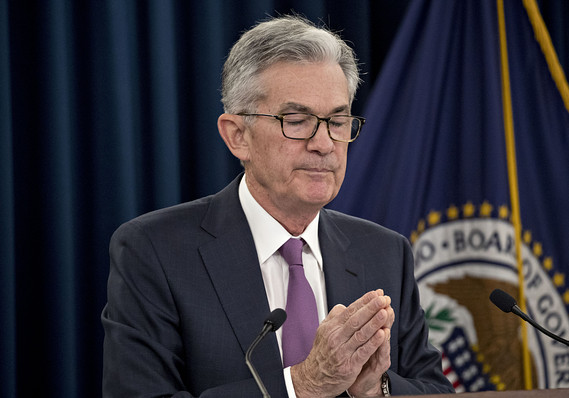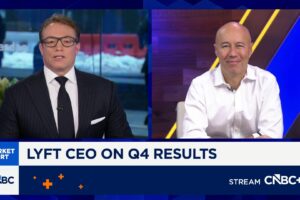 Bloomberg News
Bloomberg News
Federal Reserve Chairman Jerome Powell on Wednesday rejected advice from some of the world’s most prominent economists and said he would not support moving the central bank’s 2% inflation target up to 4%.
An academic paper presented at Fed’s conference earlier this month about its long-run strategy said a higher inflation target would have speeded up the recovery of the economy from the Great Recession.
“Our conclusion that the tools in the current monetary policy framework would have been more effective over the past decade had the Fed inherited a higher inflation target raises the question of how the Fed might reach a higher inflation target,” said the paper coauthored by Janice Eberly of Northwestern University, James Stock of Harvard University and Jonathan Wright of Johns Hopkins University.
The idea of a higher inflation target has long been advocated by Olivier Blanchard, the past president of the American Economics Association and now a senior fellow at the Peterson Institute for International Economics.
Blanchard said a 4% inflation target would give the Fed lots of room to cut rates before they get near zero. When rates go so low, the Fed loses one of its primary tools to stimulate demand because it cannot lower its short-term rate any further. In the Great Recession it had to buy trillions of dollars of Treasurys and mortgage-related assets to bring down long-term rates and stimulate demand.
Asked about this research at his press conference after the FOMC meeting, Powell said a 4% inflation target was not “a practical alternative.”
“You see central banks having a hard time getting inflation up close to their objective,” he said, in answer to a question from MarketWatch.
“Saying that you’re going to go to 4%, I wonder how credible that would be,” he said.
The Fed chose the 2% target in 2012. Since then, inflation has not risen to 2% for any great length of time.
The market’s expectations of future inflation are also stuck below 2%.
Blanchard said that moving to a 4% inflation target would be a way out of this problem.
The Fed decided to hold rates steady on Wednesday but signaled a willingness to cut rates if the economy weakens.
Read: Fed holds interest rates steady but leaves itself plenty of wiggle room
In a speech to the European Central Bank on Tuesday, Blanchard said he thought that, given the opposition to his call for a 4% inflation target, an alternative might be for central banks to adopt such a target only when global glut of savings pushes real interest rates lower, as is now the case.
Former Fed Vice Chairman Stanley Fischer said Tuesday he also opposes a 4% inflation rate. Under that high an inflation rate, unions would soon want to index their wages to inflation, he said.
Fischer, who was the head of the Bank of Israel before he joined the Fed, said that when inflation was 2% there was “no noise from anybody.”
During the last year of her term, former Fed Chairwoman Janet Yellen said she was open to reconsideration of the 2% inflation target.











